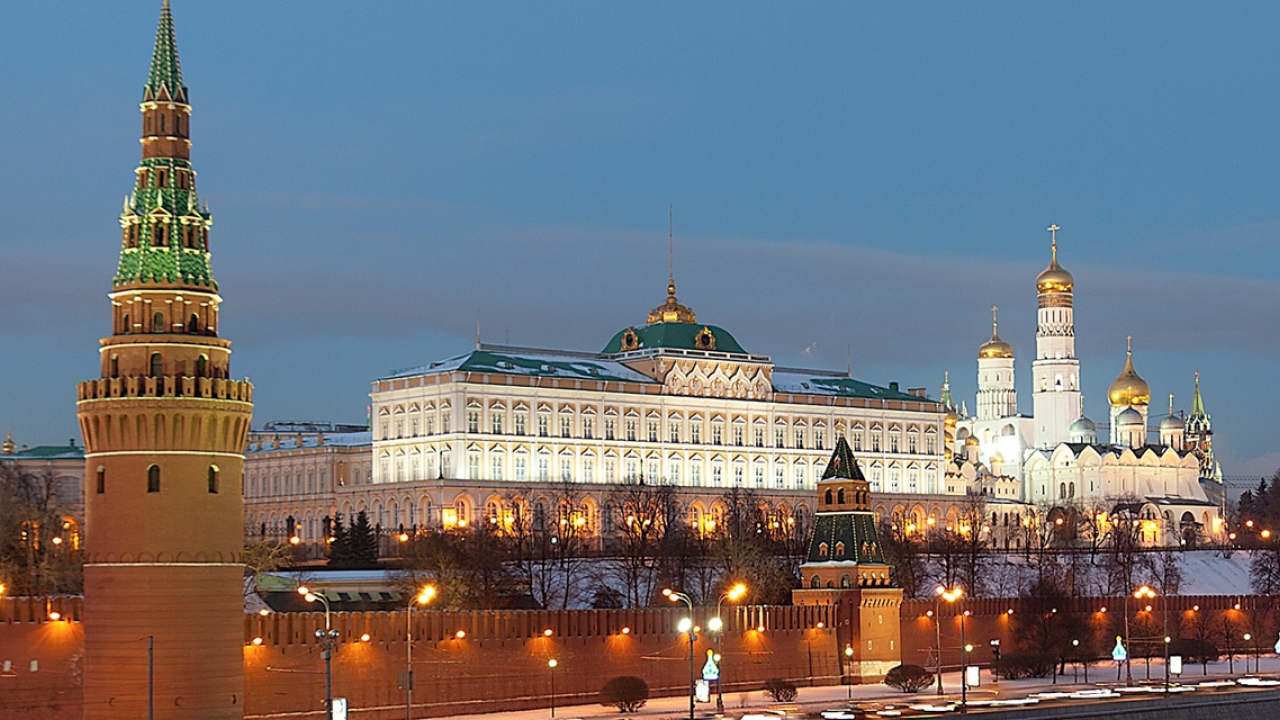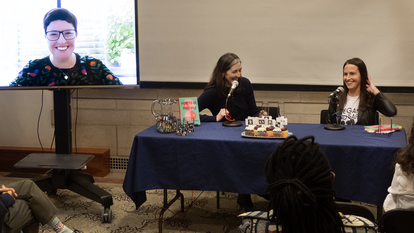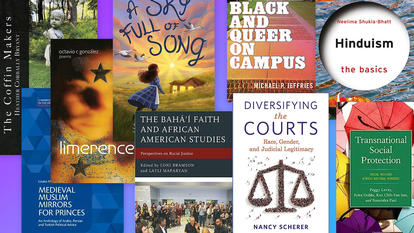Two Wellesley Professors, Scholars of History and Literature, Provide the Media with Insight on Russia

As Russia and the Kremlin’s relationship with the United States continues to dominate the headlines, two Wellesley professors have offered their commentary on very different issues related to the country. Nina Tumarkin, Kathryn Wasserman Davis Professor of Slavic Studies and professor of history, spoke to Southern California Public Radio about the White House’s sanctions against Russia in response to election-related cyberhacking. Adam Weiner, associate professor of Russian, wrote an essay for Politico magazine on a little-known Russian writer.
Tumarkin is a historian of Russia who has researched the Soviet era; her books include The Living and the Dead: The Rise and Fall of the Cult of World War II in Russia and Lenin Lives! The Lenin Cult in Soviet Russia. Tumarkin was one of only six Soviet experts who briefed President Ronald Reagan and key cabinet members before Reagan’s historic first meeting with Soviet leader Mikhail Gorbachev in November 1985 at the Geneva Summit.
In her conversation as a guest on AirTalk, Tumarkin discussed the current situation with Russia and the United States and gave her thoughts on Russian President Vladimir Putin’s rhetorical and political strategies responding (or rather, not responding) to recent U.S. sanctions. She also commented on what to expect from the incoming Donald Trump administration. Every administration for the past three decades has “wanted to re-set the relationship” with Russia, or the Soviet Union, she noted, so Trump’s plan to attempt to do so is not unique. Tumarkin also said we are in a “new Cold War” and the best way to end it may be to first examine the common ground Reagan and Gorbachev established in the 1980s.
In an email interview, Tumarkin said forecasting what 2017 holds for Russia with any certainty is often impossible, “because the Kremlin is predictably unpredictable.” One major story, however, may be the country’s domestic issues. “The world’s largest producer of oil, whose economy depends heavily on energy exports, will have to struggle through the consequences of continued very low oil prices in the year of Vladimir Putin’s reelection campaign, when necessary spending cuts and raised taxes might be seen to harm his chances in the 2018 election,” she said. On the global stage, Tumarkin said, she anticipates the Kremlin will attempt to mount an “effective intervention in the upcoming presidential and parliamentary elections in France and Germany, with the goal of dividing and weakening the European Union, its most formidable nearby opponent.”
As the new administration seeks to understand how to deal with Russia, Tumarkin said that from a historian’s perspective it is essential to remember that Russia has for centuries “been a state-centered polity in which the state was a dominant entity apart from—and not representative of—local interests.” When he became president in 2000, she said, Putin “declared ‘state-centeredness’ to be one of his country’s core imperatives, and his actions have borne out its continued importance.”
Weiner is the author, most recently, of How Bad Writing Destroyed the World: Ayn Rand and the Literary Origins of the Financial Crisis. His essay in Politico magazine, “The Most Politically Dangerous Book You’ve Never Heard Of,” explores “how one obscure Russian novel launched two of the 20th century’s most destructive ideas.” He writes how Rand, author of Atlas Shrugged and popularizer of an ideology based on self-interest, was influenced by Russian utopian author Nikolai Chernyshevsky. Weiner labels Chernyshevsky “one of the great destructive influences of the past century: first in his home country, where his writing helped spawn the Soviet Union, and now, of all places, in the United States, where his rational egotism continues to reverberate in American political and economic thought.” Weiner specifically draws connections between Rand and Alan Greenspan, former chairman of the Federal Reserve, whose deregulations, he argued, played a role in the 2008 financial crisis.
In an email interview, Weiner said he explains to his students that “a novel is unique not only as an artistic experience but also as a human one.” When we read fiction, he tells them, “we allow another person—the author—into our heads to think our thoughts for us, the other’s words reverberating inside our skull in place of our own thoughts.” In this way, “narrative literature is, when you stop to consider it, a form of mind control, though one trusts that the brainwashing will prove temporary.” Books like Atlas Shrugged or, to take a different example, The Brothers Karamazov can have “a great and terrible power to sway some ‘suggestible’ readers.” “This is not at all to suggest that we need to censor any kind of book, but merely to point out one of the mechanisms by which art changes the world.”



